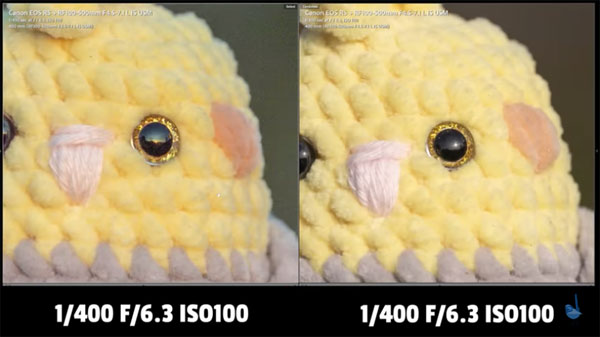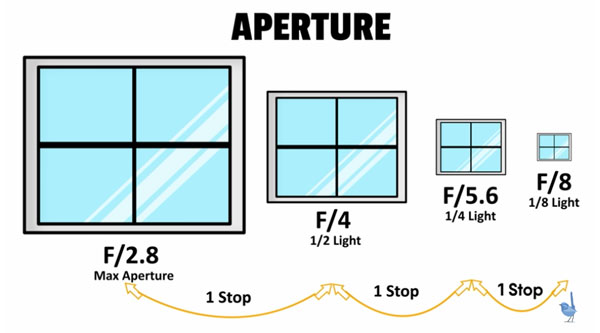Photo NOISE: The Causes, How to Avoid It, Ways to Remove It (VIDEO)
Image noise can really ruin an otherwise nice photo with ugly artifacts that appear as random speckles of grain and unsightly variations in the brightness and colors of your shot. It’s a rather common occurrence, shrouded in a common misconception, that’s demystified in the tutorial below.
Duade Paton is a professional nature and wildlife pro based in rural Australia, who regularly posts tutorials on shooting and editing techniques. Today’s episode is a combination of both, as he demystifies the concept of image noise. He demonstrates his tips using an image of a bird, but the simple techniques you’ll learn are appropriate for whatever photos you capture outdoors.
Paton explains exactly what causes noise in an image, reveals camera settings to reduce it, and debunks what he says is a “misconception that high ISO directly causes noise.” He also discusses how noise-reduction software enables him to use higher shutter speeds.

In simple terms, Paton puts it like this: “Noise is caused by a lack of light hitting the sensor of your camera,” and he uses two examples of the same shot to illustrate that the “the more light the sensor gets the less noise your image will have.” As you know, this is controlled by a combination of the shutter speed, ISO, and aperture settings you choose.
If you’re wondering about the misconception mentioned above, take a look at the next two images Paton pulls up on the screen. One is pretty clean while the other is really noisy, and here’s the surprise: both were shot at the same ISO setting. So why are they so different?
The answer simple. The photo without image-killing noise was captured with bright, direct sunlight, hitting the bird’s eye (and his camera’s sensor), while the other photo was captured in low light before sunrise—requiring processing adjustments to amplify the dark image.

With that knowledge under your belt, Patton proceeds with a variety of solutions. He discusses the ISO settings he uses for different types of wildlife images with lenses of different focal lengths. You’ll also see how he manipulates aperture and shutter peed settings to get the cleanest results possible.
The lesson wraps up with an explanation of how the size and type of sensor in your camera factors into the equation, and the impact of noise-reduction software on the final result.
You can find more helpful tips by visiting Paton’s YouTube channel, and watching a related tutorial we posted explaining how to shoot stunning landscape photos in harsh summer light.





